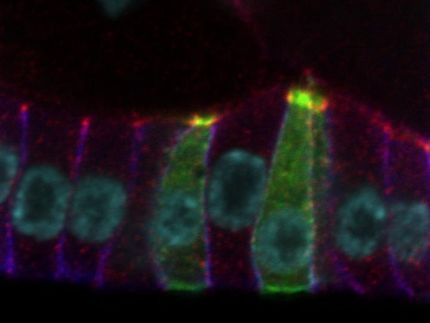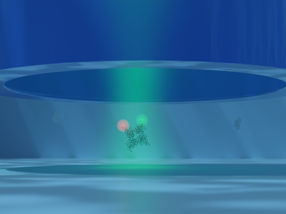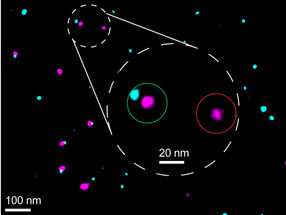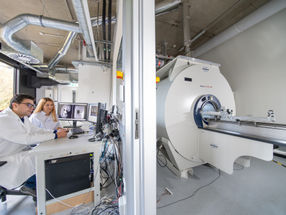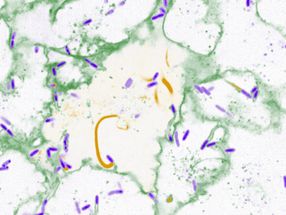New gene responsible for cleft lip and palate syndrome identified
An international team led by researchers from Karolinska Institutet in Sweden has identified a new gene related to the Van der Woude syndrome, the most common syndrome with cleft lip and palate. The study is published in the scientific periodical American Journal of Human Genetics and can lead the way to improved genetic diagnostic of individuals and families with orofacial clefts.
Cleft lip and palate is one of the most common birth defects and can be found in the form of cleft lip or cleft palate alone; or cleft lip and palate together. They may occur together with other malformations, forming a syndrome. There are more than 350 syndromes with clefts, of which Van der Woude syndrome (VWS) is the most common. Approximately 70 per cent of the individuals with VWS have a mutation in a gene called interferon regulatory factor 6 (IRF6).
Now, through an international collaboration between researchers from Sweden, USA, Finland and Israel, a second gene related to VWS has been found. The researchers started by doing a so called genetic linkage study of a large family from Finland. The family had been diagnosed with VWS, albeit no IRF6 mutations had been found. By comparing the DNA of affected individuals with DNA from healthy family members, the researchers identified another gene, called Grainy-head like 3 (GRHL3), which was mutated only in the affected family members. The same gene was found to be altered in 7 additional families with VWS where no IRF6 mutations had been found previously.
“The discovery of a new gene, GRHL3, responsible for the most common of the syndromic forms of cleft lip and palate means that researcher or clinicians with collections of families or isolated cases with cleft lip and palate, syndromic or non-syndromic, now will be able to look for mutations in this gene”, says Dr Myriam Peyrard-Janvid at the Department of Biosciences and Nutrition, Karolinska Institutet, who led this large collaborative study. “As it has been shown for IRF6, one or several polymorphisms in GRHL3 might be found to be associated with increased risk of clefts in non-syndromic cases.”
To further investigate the role of GRHL3 in oral abnormalities, six laboratories collaborated and studied human mutations of the gene in zebrafish and mouse models. They found that mouse embryos lacking GRHL3 cannot form a proper palate and are born with a cleft. GRHL3 encodes a transcription factor that is itself regulated by IRF6. The authors conclude that both genes are required for a proper formation of the palate, probably functioning in separate but convergent molecular pathways. The study highlights the importance of studying even rare patients to increase our understanding of disease mechanisms.
The research conducted at Karolinska Institutet was supported financially by the Swedish Research Council and the Sigrid Jusélius Foundation.
Original publication
“Dominant mutations in GRHL3 cause Van der Woude syndrome and disrupt oral periderm Development”, Myriam Peyrard-Janvid et al.; American Journal of Human Genetics, online ahead of print 19 December 2013, publishing in the January 02, 2014 issue.
Most read news
Original publication
“Dominant mutations in GRHL3 cause Van der Woude syndrome and disrupt oral periderm Development”, Myriam Peyrard-Janvid et al.; American Journal of Human Genetics, online ahead of print 19 December 2013, publishing in the January 02, 2014 issue.
Topics
Organizations
Other news from the department science

Get the analytics and lab tech industry in your inbox
From now on, don't miss a thing: Our newsletter for analytics and lab technology brings you up to date every Tuesday. The latest industry news, product highlights and innovations - compact and easy to understand in your inbox. Researched by us so you don't have to.
